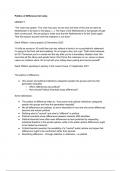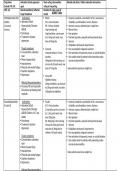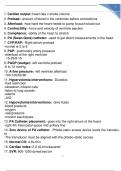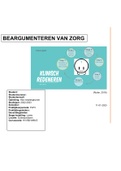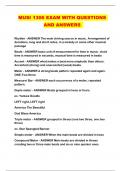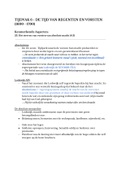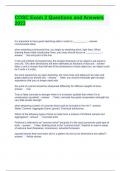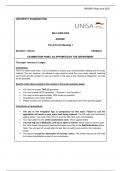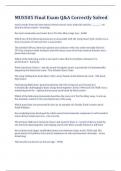College aantekeningen
Politics of Difference full summary
This summary contains notes from all the lectures the University of Amsterdam gave for its Politics of Difference course. Description given by the University: This is the last compulsory component of the BSc program in Political Science. The course aims to introduce students to concepts and theorie...
[Meer zien]
